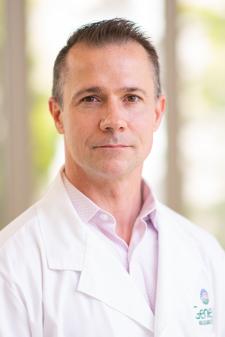Tipple, Brandi A.
103 Public Square
Somerset, OH 43783
United States
506 East Main Street
Ste A
Junction City, OH 43748
United States
2017 - 2019 Chamberlain University
Nurse Practitioner
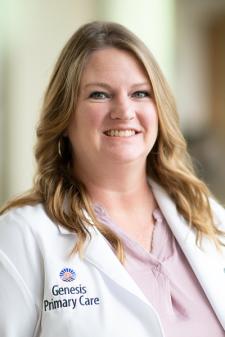
103 Public Square
Somerset, OH 43783
United States
506 East Main Street
Ste A
Junction City, OH 43748
United States
2017 - 2019 Chamberlain University
Nurse Practitioner

975 Bethesda Drive
Building 7, Ste 1
Zanesville, OH 43701
United States
2017 - 2018 Ohio University,2019 - 2021 Regis College
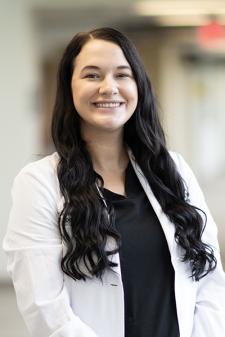
945 Bethesda Drive
Ste 330
Zanesville, OH 43701
United States
2916 Van Gader Drive
Zanesville, OH 43701
United States
2019 - 2022 Drexel University
Nurse Practitioner
2916 Van Gader Drive
Zanesville, OH 43701
United States
955 Bethesda Drive
1st Floor
Zanesville, OH 43701
United States
2014 - 2017 Wheeling Jesuit University
Nurse Practitioner

1988 - 1995 Gandi Medical College
1997 - 1998 St Francis Hospital of Evanston, IL
1998 - 2000 St Francis Hospital of Evanston, IL,2000 - 2002 University of Iowa Hospitals and Clinics
Internal Medicine
975 Bethesda Drive
Building 7, Suite 3
Zanesville, OH 43701
United States
955 Bethesda Drive
1st Floor
Zanesville, OH 43701
United States
2020 - 2023 University of the Cumberlands
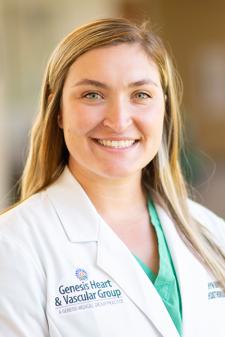
48439 Genesis Drive
Coshocton, OH 43812
United States
48439 Genesis Drive
Suite F
Coshocton, OH 43812
United States
2014 - 2016 University of Cincinnati College of Nursing
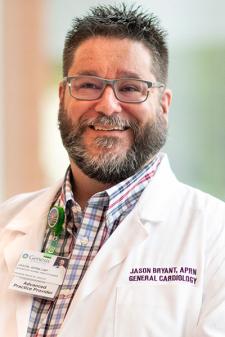
1417 Kaderly Street NW
New Philadelphia, OH 44663
United States
23599 Airport Rd.
Suite B
Coshocton, OH 43812
United States
48439 Genesis Drive
Coshocton, OH 43812
United States
Dr. Randolph is board-certified by the American College of Obstetrics & Gynecology. He brings over 20 years of women’s health experience to the Genesis HealthCare System. Dr. Randolph’s office is located at 1417 Kaderly Street NW, New Philadelphia, Ohio 44663. His phone number is 330-602-5678. He is accepting new patients.
1991 - 1995 University of Toledo College of Medicine
1995 - 1999 Aultman Hospital
Obstetrics & Gynecology
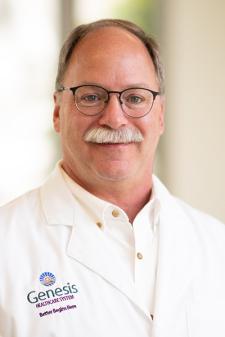
Dr. Randolph is board-certified by the American College of Obstetrics & Gynecology. He brings over 20 years of women’s health experience to the Genesis HealthCare System. Dr. Randolph’s office is located at 1417 Kaderly Street NW, New Philadelphia, Ohio 44663. His phone number is 330-602-5678. He is accepting new patients.
Walter W. Randolph, M.D., FACOG, discusses polycystic ovary syndrome (PCOS) symptoms and treatment
48439 Genesis Drive
Suite F
Coshocton, OH 43812
United States
1977 - 1983 Northeastern Ohio Universities College of Medicine
1983 - 1984 Akron City Hospital
1984 - 1988 Akron City Hospital
Surgery (General)
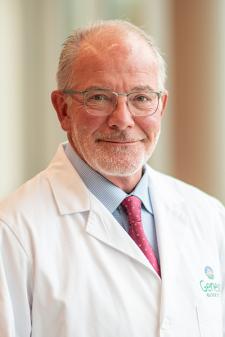
955 Bethesda Drive
Ste D
Zanesville, OH 43701
United States
1998 - 2002 Case Western Reserve University School of Medicine
2002 - 2009 Case Western Reserve University School of Medicine
Neurological Surgery
